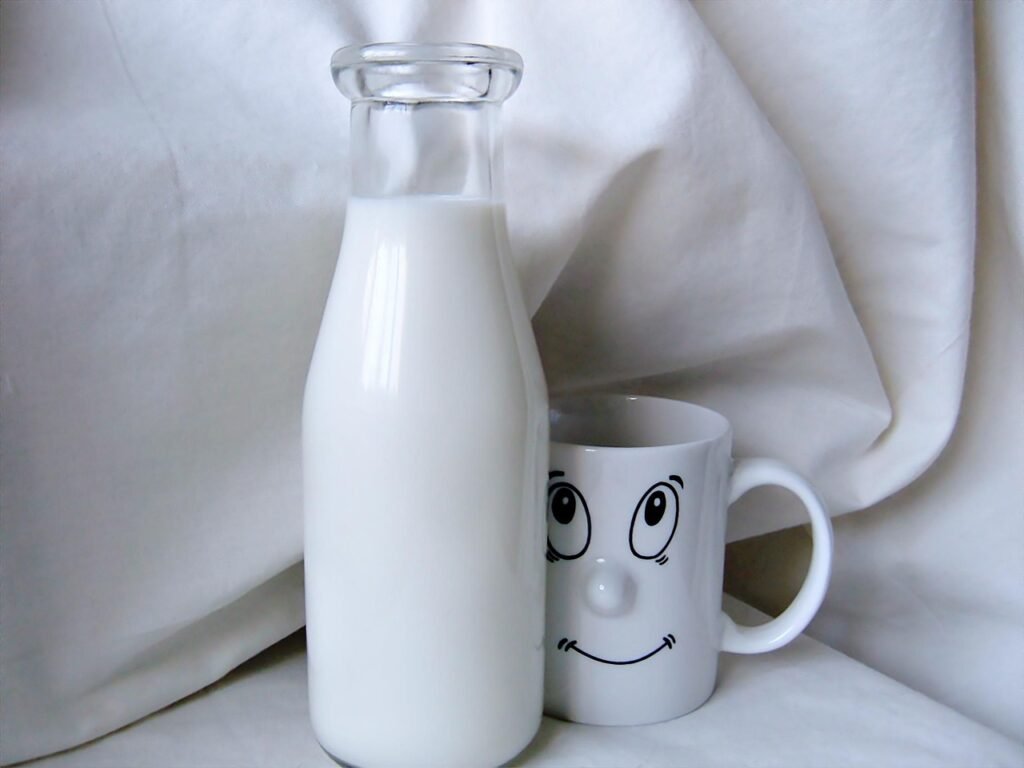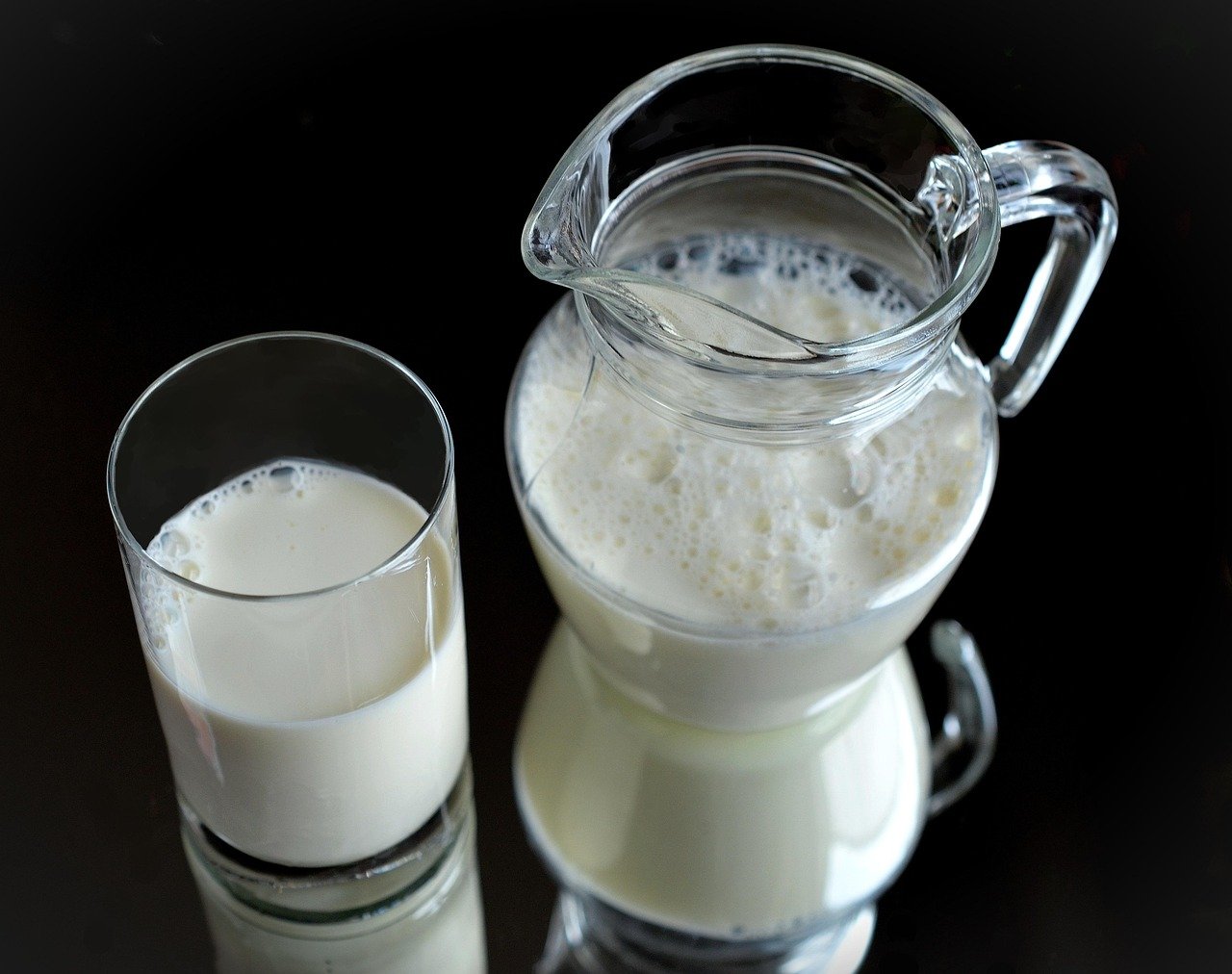Navigating the world of healthy eating can be confusing, especially when choosing between staples like milk and curd. Both are nutritional powerhouses from the same source, but they play very different roles in your wellness journey, particularly for weight management and gut health.
Let’s break down how these dairy favorites compare so you can make the best choice for your body.
A Quick Look at the Nutrition Facts
Even though milk and curd share a common origin, the fermentation process gives curd a unique nutritional edge.
- Milk: A fantastic source of high-quality protein (about 3.2g per 100ml), calcium, Vitamin D, and healthy fats. It’s a classic for supporting strong bones and muscle health.
- Curd: Packed with protein (about 3.5g per 100g) and live cultures (probiotics). It’s slightly lower in lactose than milk, making it easier to digest for many, and is a champion for your gut flora.
Milk for Weight Loss: Building a Leaner You

When consumed wisely, milk can be a powerful tool for weight management. Its high protein content helps you feel full for longer, naturally curbing the urge to snack. The calcium and Vitamin D in milk also play a key role in supporting your body’s natural fat-burning processes.
Key Benefits of Milk:
- Promotes Satiety: Keeps hunger pangs at bay, reducing overall calorie intake.
- Supports Muscle Recovery: An excellent post-workout drink to help build and maintain lean muscle.
- Aids Metabolism: Nutrients like calcium help in the breakdown of fat cells.
- Choose Wisely: For weight loss, opt for low-fat or toned milk and avid sugary, flavored versions.
Curd for Gut Health: Your Digestive System’s Best Friend

If a happy gut is your priority, curd is the clear winner. The live probiotics in curd work to restore healthy bacteria in your intestines. This leads to better digestion, reduced bloating, and improved nutrient absorption – all of which are crucial for maintaining a healthy weight.
Key Benefits of Curd:
- Boosts Digestion: Probiotics help alleviate issues like acidity, bloating, and constipation.
- Aids Fat Loss: A healthy gut is linked to a better metabolism and can help in reducing belly fat.
- Strengthens Immunity: A large part of your immune system is in your gut, and curd helps keep it strong.
- Light and Filling: Provides a feeling of fullness without heaviness.
The Final Verdict: Which One Should You Choose?
So, who takes the crown?
- For Gut Health, curd is the undisputed champion due to its powerful probiotic content.
- For Weight Loss, both are beneficial. Milk helps preserve muscle mass, while curd improves digestion to support your metabolism.
The Ideal Approach: You don’t necessarily have to choose one!. Enjoy the best of both worlds by incorporating them at different times. Have milk in the morning or after a workout, and include curd with your lunch.
Smart Consumption Tips
Best Time to Have Them:
- Milk: Traditionally, it is considered best to have milk in the evening or at night.
- Curd: Enjoy it during the day, preferably with your lunch, to aid digestion. It’s often recommended to avoid curd at night if you are prone to colds or sinus issues.
How Much is Enough?
- Milk: Around 500-600 ml per day is a good benchmark for an average adult.
- Curd: One or two small bowls daily is generally a safe and healthy amount. Listen to your body, as tolerance can vary.
Creative Ways to Enjoy them:
- Milk: Blend it into smoothies, use it in oatmeal, or enjoy a warm cup with turmeric.
- Curd: Whip it into a raita, blend a refreshing lassi, use it as a base for dips, or add it to your paratha dough.
Who Should Be Cautious?
- Milk: Individuals with lactose intolerance, acne-prone skin, or certain respiratory conditions may need to limit their intake.
- Curd: Those with a active cold, cough, or sinus infection might want to avoid it, especially in the evenings.
Ultimately, your choice between milk and curd should align with your specific health needs. For a personalized plan, especially if you have digestive concerns, it’s always best to consult a healthcare professional or a registered dietitian.





















